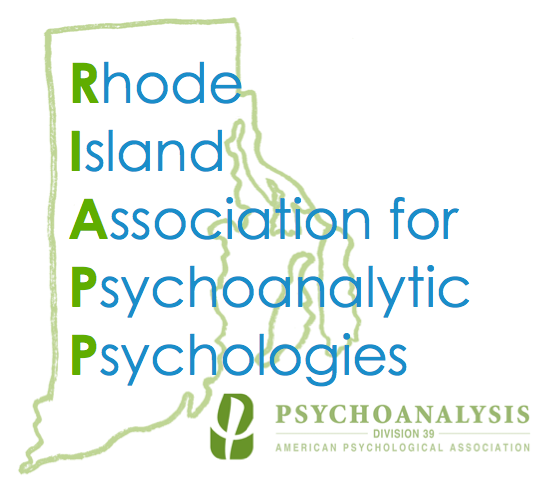Most Black clinicians will have a White supervisor during their career. De centering White discomfort leaves opportunity to address the counter transference of same race clinical dyads, promote supervisee’s growth and most importantly, disrupt harmful treatment. Fanon illuminates the pre-migration context which can render hostile the psyche of African and Caribbean immigrants towards Black Americans spreading the epidermilization of inferiority and lactification. Joy De Gruy’s Post Traumatic Slavery Syndrome identifies self directed antipathy to Black culture, Black self-esteem, or Black beauty. While using classic clinical techniques, White supervisors can offer a trauma informed, social justice oriented supervision to Black clinicians.
At the conclusion of this program, participants will be able to:
Assess their own supervision practice for anti-Black undercurrents.
Incorporate select Fanonian concepts of decolonization into their existing clinical supervision technique.
Discuss Post Traumatic Slavery Syndrome and its implications for counter transference within same race clinical dyads for Black clinician supervisees.
Select appropriate questions to encourage discussion on intragroup conflict and self reflection in supervision with Black clinician supervisees.
April's research focus is on Black mental health and the complexity of relationships between African-Americans, Caribbean and African immigrants, culturally informed interventions as well as training and curriculum development. For over 20 years, she served in both large NYC social service agencies and small, grass roots not-for-profit organizations. April is a LCSW, SIFI certified Practicum Instructor and currently works in private psychotherapy practice. April attained her BS from Yale University; MSW from Columbia University; and a doctorate of Clinical Social Work from NYU where she currently teaches in the BSW and MSW program at the Silver School of Social Work.
Bartholomew, T. T., Pérez-Rojas, A. E., Bledman, R., Joy, E. E., & Robbins, K. A. (2023). “How could I not bring it up?”: A multiple case study of therapists’ comfort when Black clients discuss anti-Black racism in sessions. Psychotherapy, 60(1), 63–75. https://doi.org/10.1037/pst0000404
Goode-Cross, D. T., & Grim, K. A. (2016). “An unspoken level of comfort”: Black therapists’ experiences working with Black clients. The Journal of Black Psychology, 42(1), 29–53. https://doi.org/10.1177/009579841 4552103
DeGruy, J. (2017). Post traumatic slave syndrome America’s legacy of enduring injury and healing. Joy DeGruy Publications Inc.
Ebubedike, N., Callanan, M., & Oldershaw, A. (2024). “The Relentless Nature of Whiteness”: Black Psychologists’ experiences of racial microaggressions in cross-cultural supervision. Clinical Psychology & Psychotherapy, 31(3), e3011. https://doi-org.proxy.library.nyu.edu/10.1002/cpp.3011
Holmes, D. E., Hart, A., Powell, D. R., Stoute, B. J. (2023). The Holmes Commission’s journey toward racial equality in American psychoanalysis: Reflection and hope. The American Psychoanalyst, 57(1), pp. 1-7. https://apsa.org/wp-content/uploads/2023/02/74728_TAP-Winter- 2023_web.pdf
Robcis, C. (2020). Frantz Fanon, Institutional Psychotherapy, and the Decolonization of Psychiatry. Journal of the History of Ideas, 81(2), 303–325. https://doi-org.proxy.library.nyu.edu/10.1353/jhi.2020.0009
And please join us starting at 6:30pm for RIAPP’s Annual Holiday Party!

